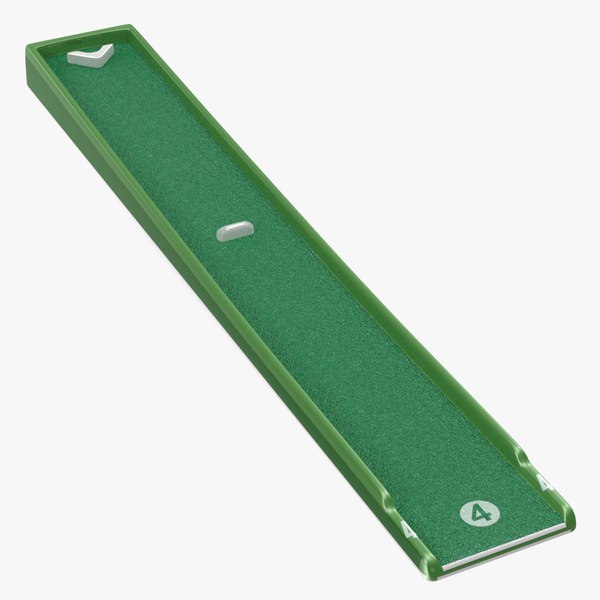When Mosquito Control Develop Too Quickly, This is What Occurs
작성자 정보
- Santo 작성
- 작성일
본문
 A repellent is just not an insecticide, so this claim is misleading: it is unattainable for repellents applied to skin, akin to DEET, to affect mosquito populations, impression non-target organisms, or trigger resistance to unrelated compounds. When a purple, itchy, swollen bump seems on your skin, you need to really feel better as shortly as doable. He had simply suffered for sins, eco-friendly insect control the Only for the unjust: is it not possible that one of the results of that suffering might have been "to carry unto God" some souls who once had been alienated from God by wicked works, however had not wholly hardened their hearts; who, like the males of Tyro and Sidon, Sodom and Gomorrah, had not the alternatives which we enjoy, who had not been once enlightened and made partakers of the heavenly present and the powers of the world to return? 3. Certified arborists are generally people who belong to one of the national arborist associations. The tempo is agonizingly sluggish for anybody who has any experience hiking or any decent level of bodily conditioning. Great expertise and one thing that was a highlight of our journey!
A repellent is just not an insecticide, so this claim is misleading: it is unattainable for repellents applied to skin, akin to DEET, to affect mosquito populations, impression non-target organisms, or trigger resistance to unrelated compounds. When a purple, itchy, swollen bump seems on your skin, you need to really feel better as shortly as doable. He had simply suffered for sins, eco-friendly insect control the Only for the unjust: is it not possible that one of the results of that suffering might have been "to carry unto God" some souls who once had been alienated from God by wicked works, however had not wholly hardened their hearts; who, like the males of Tyro and Sidon, Sodom and Gomorrah, had not the alternatives which we enjoy, who had not been once enlightened and made partakers of the heavenly present and the powers of the world to return? 3. Certified arborists are generally people who belong to one of the national arborist associations. The tempo is agonizingly sluggish for anybody who has any experience hiking or any decent level of bodily conditioning. Great expertise and one thing that was a highlight of our journey!
 This is a great addition to your current camping or hiking gear particularly if you are out by the campsite and there's loads of mosquitoes, you need to use this mosquito zapper. For mosquitoes, Frost suggests utilizing a mosquito repellant as a substitute of an attractant like a Keilini Bug Zapper review zapper. Typically, an insect zapper uses between 5W and 40W. All Jackery photo voltaic generators can simply power it so that you could choose one in keeping with your price range and needs. For a comprehensive guide of eco-friendly insect control repellents, the CDC lists EPA-registered options on its website, and the EPA site features a search device to assist you find the proper one. Researchers studying botanical repellents, however, often paint DEET as far more toxic than it actually is, falsely claiming it's a menace to the general public health or even the environment. The automated assumption that botanical repellents are safer than DEET is the ‘appeal to nature fallacy,’ which also drives many of the market for "natural" repellents, yet pure repellents have uncomfortable side effects and even a physique depend. While a pure repellent as protected and effective as DEET however missing its effect on sure artificial fabrics (arguably the one genuine downside to DEET) could be an attention-grabbing and commercially viable discover, it is unfortunate that so often the researchers studying botanical repellents resort to concern-mongering about DEET to justify their work.
This is a great addition to your current camping or hiking gear particularly if you are out by the campsite and there's loads of mosquitoes, you need to use this mosquito zapper. For mosquitoes, Frost suggests utilizing a mosquito repellant as a substitute of an attractant like a Keilini Bug Zapper review zapper. Typically, an insect zapper uses between 5W and 40W. All Jackery photo voltaic generators can simply power it so that you could choose one in keeping with your price range and needs. For a comprehensive guide of eco-friendly insect control repellents, the CDC lists EPA-registered options on its website, and the EPA site features a search device to assist you find the proper one. Researchers studying botanical repellents, however, often paint DEET as far more toxic than it actually is, falsely claiming it's a menace to the general public health or even the environment. The automated assumption that botanical repellents are safer than DEET is the ‘appeal to nature fallacy,’ which also drives many of the market for "natural" repellents, yet pure repellents have uncomfortable side effects and even a physique depend. While a pure repellent as protected and effective as DEET however missing its effect on sure artificial fabrics (arguably the one genuine downside to DEET) could be an attention-grabbing and commercially viable discover, it is unfortunate that so often the researchers studying botanical repellents resort to concern-mongering about DEET to justify their work.
The authors proceed by stating, "the frequent use of artificial repellents with chemical origin for mosquito control has disturbed natural ecosystems and resulted in the development of resistance to insecticides, resurgence in mosquito populations, and adversarial influence on non-target organisms". Deletre E, Martin T, Duménil C, Chandre F. Insecticide resistance modifies mosquito response to DEET and pure repellents. DEET (N,N-Diethyl-meta-toluamide) is taken into account the gold standard in mosquito repellents, not just for its effectiveness, but also for its safety. These information about OLE ought to actually have been included in a systematic assessment of plant-based repellents, however are inconvenient truths for those making an attempt to counsel botanicals are safer than synthetics when, to date, that is objectively not the case. The CDC, the United States’ Food and Drug Administration, the US Environmental Protection Agency, and the American Academy of Pediatrics all agree that the synthetics are protected for infants as young as 2 months, the age under which topical merchandise ought to most likely not be used at all, however forbid utilizing OLE or PMD products on anyone younger than three years. Indeed, for many "natural" repellents, there is zero data on safety, but among non-specialists they're robotically assumed to be much less toxic than synthetics which have ample, overwhelming evidence to their safety.
These claims are unfounded, and infrequently the only evidence given by such publications are references to other publications also studying botanical repellents. The case is considered one of many papers on plant-based repellents that exaggerate the dangers associated with repellents like DEET (N,N-Diethyl-meta-toluamide) that have been demonstrated as safe, while making assumptions about the safety of botanicals without evidence for it or despite proof to the contrary. Zingiber nimmonii is "an eco-pleasant tool" against mosquitoes, and which, whereas additionally making debunked or incorrect claims about DEET, clearly states that the problems with ecological disruption are as a result of insecticides, not repellents. The inconvenient yet undisputable reality is that no botanical repellent has been confirmed to be as protected as DEET, and the majority never had any safety testing in any respect. Besides the fact that each repellent, botanical or synthetic, is a chemical repellent, the only real source cited for this declare is a paper by Sanghong et al. Their sources for the declare are once more the paper by Sanghong et al. Asadollahi et al. claim that their systematic overview was to identify plant-based mostly repellents which can be efficient "without inflicting side effects on human health". While the authors do acknowledge that "natural does not equate to secure," contemplating their declare to systematically evaluate the safety of pure repellents, it's disappointing that they didn't focus on this problem further or cite any of the studies that do exist.
관련자료
-
이전
-
다음
